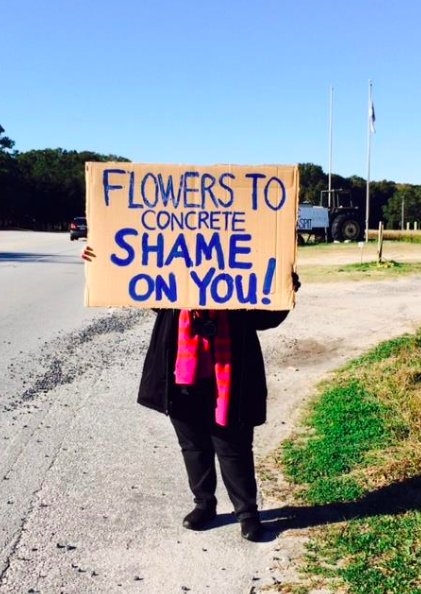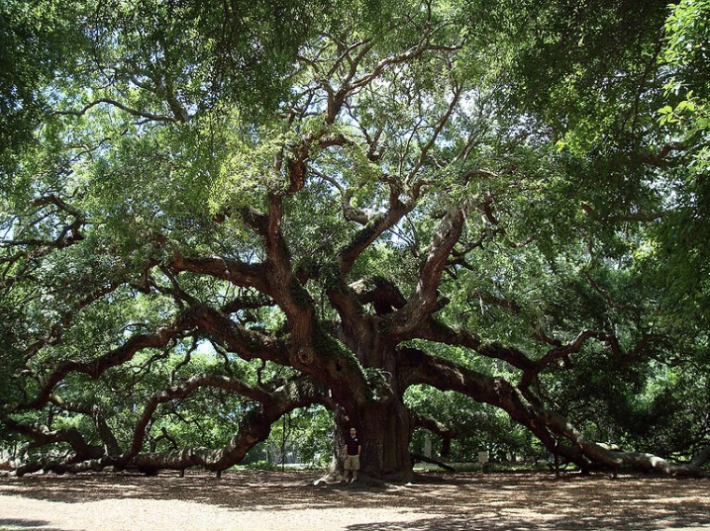Highway opponents in Charleston, South Carolina, "beat Goliath." That's how the Post and Courier described the finale of a long grassroots campaign to stop the extension of I-526 into Johns Island and James Island.

Local officials made it official earlier this month: There will be no highway through the historic island communities outside Charleston. They conceded as much after learning the state infrastructure bank would not fund the project.
The I-526 expansion had its origins in the 1970s, the third and last leg of a curving highway bypass around Charleston. If built, it would have cut an eight-mile swath through houses and churches and marshlands.
But an organized and persistent group of residents overcame a powerful political coalition that favored the environmentally ruinous highway. Interstate 526 backers included Charleston Mayor John Tecklenburg, County Council Chair Elliott Summey, key state lawmakers, and the local chamber of commerce.
They were opposed by a group called Nix 526, headed by sisters Robin and Jenny Welsh, who began cultivating a following on Facebook in the middle of the last decade. Nix 526 led the charge against the project, targeting politicians who supported the highway and blasting out the message that the project was more likely to cause sprawl and create more traffic than cure it.
The club of insiders who wanted to push the project through tried to create an aura of inevitability, even after Charleston County voted against it a few years ago. "There were a lot of back room conversations that went about this project over the last decade, a lot of threats," said Natalie Olson of the Coastal Conservation League, which helped organize the opposition.
The highway opponents staved off the project long enough for budgetary pressures to deliver the final blow.

Charleston County had a funding agreement with the state for a $420 million project. It completed a preliminary environmental review and spent millions acquiring land along the proposed path. But when the project cost ballooned to $700 million and South Carolina's State Infrastructure Bank refused to make up the shortfall, highway proponents finally conceded. Ultimately, it "died under its own weight," said Olson.
Olson credited the persistence of the people fighting against the project with preserving the way of life on Johns Island and James Island for decades to come. "There were no lawsuits, it was not that type of battle," she said. "It was a battle led by the grassroots movement and being a part of that was really cool. If a few people care a whole lot, you can make a really big change."





